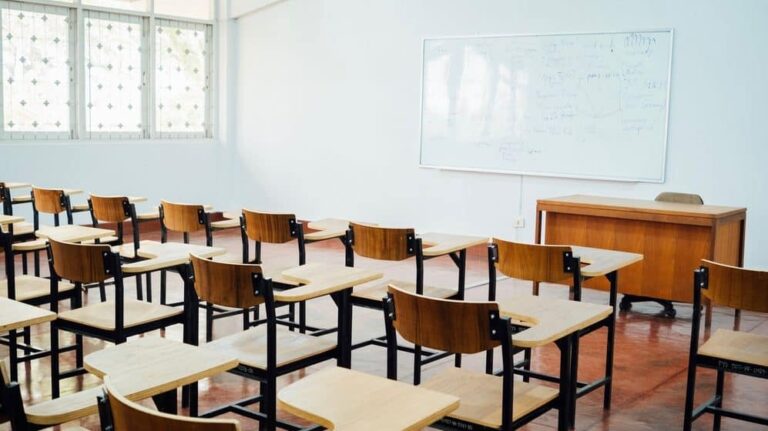
The Covid-19 pandemic has widened the gap in quality education between government-run public school systems and the private, parochial and charter schools. That should come as no surprise since it is government policies that have maintained the learning gap between the two systems for generations. Public school children do not perform as well academically or in future careers as do children who attended one of the alternative school systems – and it is not even close.
It is virtually impossible to find any non-public school that performs as badly as those thousands of government-run schools serving … make that disserving … the millions of minority children trapped in segregated urban communities.
The government closing schools during the pandemic has exacerbated the situation.
We must first recognize that so-called at-home virtual learning is far inferior to in-classroom learning. Virtually every educator agrees on that point – although the public-school industry refuses to admit that the quality of virtual education is as inferior as it is. For all intents and purposes, public school children will lose at least one and a half years of education before we see government schools opening the classrooms — and it will hit the earliest grades the hardest. It will also hit exponentially hard on inner city students.
The pandemic has worsened the historic disadvantage for public school children because of the different responses by the school systems. Sixty percent of government-run schools zoomed (pun intended) to virtual learning, while only five percent of the private and parochial schools kept the kids at home in front of computer screens.
There are reasons why virtual learning is so inferior to classroom education.
Not every household has the necessary computers or the personal expertise to handle the technology. Even where computers are available, working the programs can be a challenge – not to mention when the computers start doing those weird things. If you work with computers – as I do – you know what I mean.
Parents neither have the time nor the training – or maybe even the discipline — to serve as effective teachers six hours a day. Teacher/student interaction is minimized. Question time is more limited. And, where questions are one-on-one with the teacher, other students do not get the benefit of the information. They do not hear the question or the answer.
Educators and psychologists have all expressed concerns over isolation education and closing schools during the pandemic. It deprives students of developing critically important social skills. One analysis suggests that school children are dying more from staying home than in school. The student suicide rate and the deaths and injuries from abusive parents are soaring.
Experience has shown that teachers can conduct classroom education even during the pandemic. Children are far less susceptible to Covid-19 both as victims and carriers. In fact, studies have shown that classrooms are among the safest environments in terms of Covid-19 transmission – even safer than homes. That is true for students AND teachers.
So, why is there such a difference between public and private school systems during the pandemic?
Why does government respond so differently than private institutions?
The simple answer is because it is government. Judgments are more influenced by politics. Government officials exaggerate the problem and then offer government policies as the only solution. It is the same way “Professor” Harold Hill sold his musical instruments in “The Music Man.”
Exaggerate the problem – in his case the poolhall – and offer the alleged “only” solution – a boys’ band.
Also, government schools are largely unionized. Those unions represent teachers over the interests of the students. Teaching from home while getting paid is much easier on the staff. School unions also align themselves with government policy because government patronage is a major source of union power. And nowhere is that truer than in the field of education.
If you doubt the influence that the desire of teachers to stay at home has on closing schools during the pandemic, consider the vote taken by the teachers’ union in Chicago. They voted to keep the schools closed.
Yes, there are reasons why one type of school system acts so differently than another – with such dramatically different results.
The tragedy of public-school systems is that they do not learn from the successes of the other systems. That is why school choice is sooooo critical to the improvement of the government-controlled schools. The competition forces failing schools to succeed or go out of business as parents shift their children to the successful systems.
So, there ‘tis.
Poorly written article. no references to the author’s ‘data’ or supporting evidence. Doesn’t address the issue. Turns the content around to make a political statement as well – making the author just as culpable as the entities he is arguing against. Posting this article is embarrassing for any editor.
Who would want a fool like this teach their children. The Mayor should fire him immediately for hate speech and mental instability. He is a danger to children and teachers and a complete waste of tax payer money.
Comments are closed.